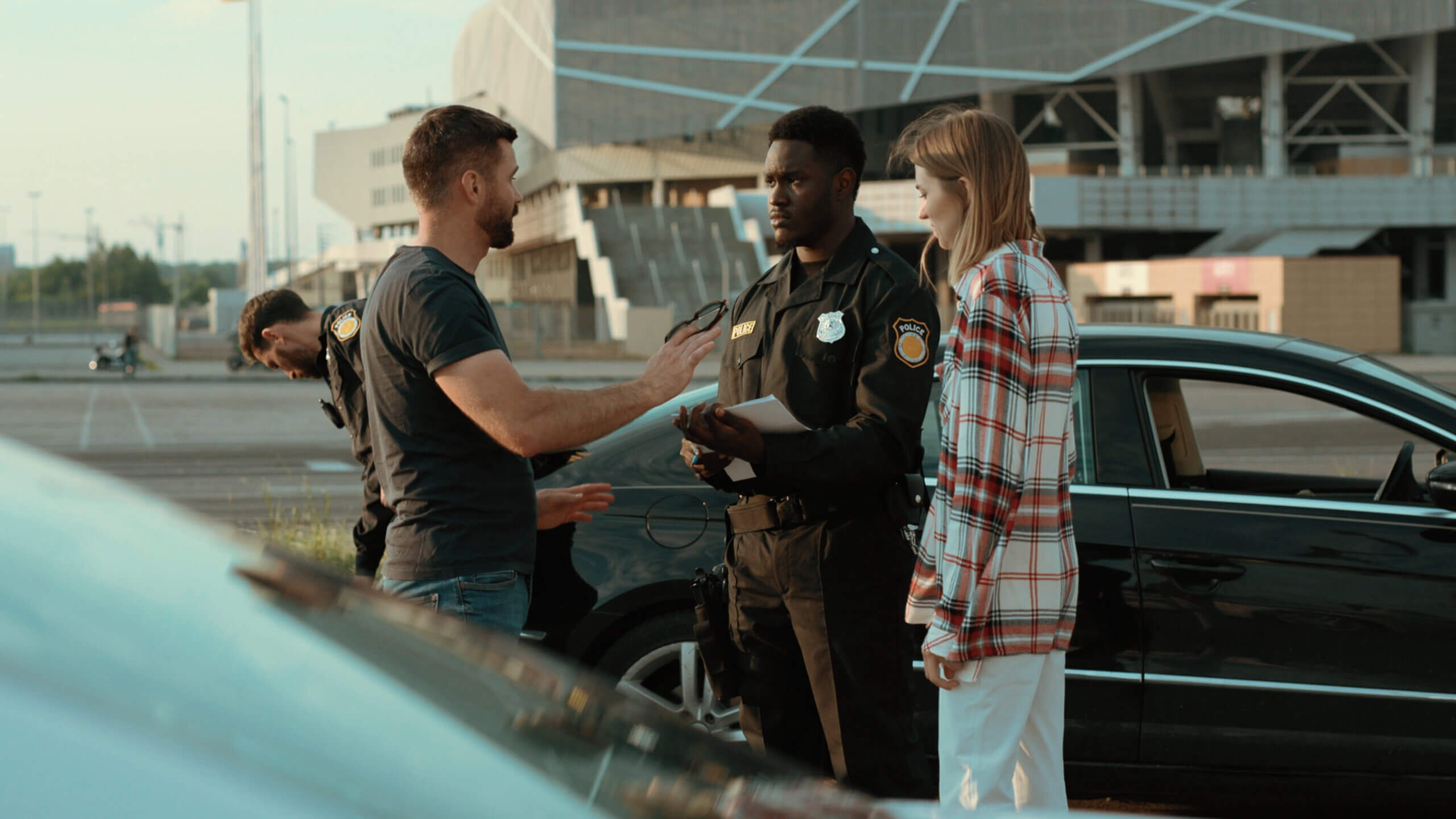Tips for Talking to Police: What Not to Say to a Cop

Interacting with law enforcement can be very stressful and intimidating—especially if you are being accused of a crime. No matter what the reason for your conversation with a cop, it’s essential to know how to communicate effectively and protect your rights. As a seasoned criminal defense attorney in Tucson, Janet Altschuler is here to share what you should never say to a police officer, and what you can say to ensure your rights are being upheld.
1. Don’t Make Admissions of Guilt
One of the most critical pieces of advice is to avoid making any statements that could be interpreted as an admission of guilt. Even a seemingly innocent comment can be used against you in court. For instance, if you’re pulled over for speeding, saying something like, “I was just trying to keep up with traffic,” can be seen as an admission that you were speeding. While you should be civil and polite, only provide the necessary information, such as your ID and vehicle registration, and do not elaborate on the details of the situation.
2. Don’t Volunteer Unnecessary Information
Providing more information than necessary will just make things more complicated and even potentially incriminate you. Stick to answering the officer’s questions directly without offering any additional details. For example, if an officer asks where you’re coming from, a simple “from home” or “from work” suffices. Avoid giving a detailed itinerary of your day—it will only lead to more questions, and you could wind up saying something that they could use against you later.
3. Avoid Lying to the Police
While it may be tempting to lie to avoid trouble, you should never be dishonest when speaking to a police officer. Lying to a police officer is a crime and can lead to additional charges. Moreover, police officers are trained to detect deception, and being caught in a lie can damage your credibility. It’s better to respectfully decline to answer certain questions if you’re unsure how to respond truthfully. Remember that you have a right to an attorney and can decline to speak until your lawyer is present.
4. Do Not Consent to Searches Without a Warrant
If a police officer asks to search your vehicle or home, you have the right to refuse unless they have a warrant. Politely but firmly state, “I do not consent to a search.” Consenting to a search without a warrant can lead to the discovery of evidence that may be used against you, even if you believe you have nothing to hide.
5. Avoid Making Threats or Becoming Aggressive
You should never make threats or become overly aggressive towards a police officer. While it’s easy for emotions to run high, a police officer will see any aggressive behavior as a threat and could potentially attack. You could also be charged with disorderly conduct or resisting arrest.
6. Don’t Discuss Your Case Without an Attorney Present
If you are arrested or detained, make sure you exercise your right to remain silent and request an attorney. Anything you say can be used against you in court, so it’s best to wait until you have legal representation before discussing the details of your case. Politely inform the officers that you wish to remain silent and would like to speak to an attorney.
Contact Janet Altschuler Today for Your Free Consultation in Tucson
Janet Altschuler is dedicated to protecting your rights and providing expert legal guidance in the Tucson area. Contact her today to schedule your free consultation!